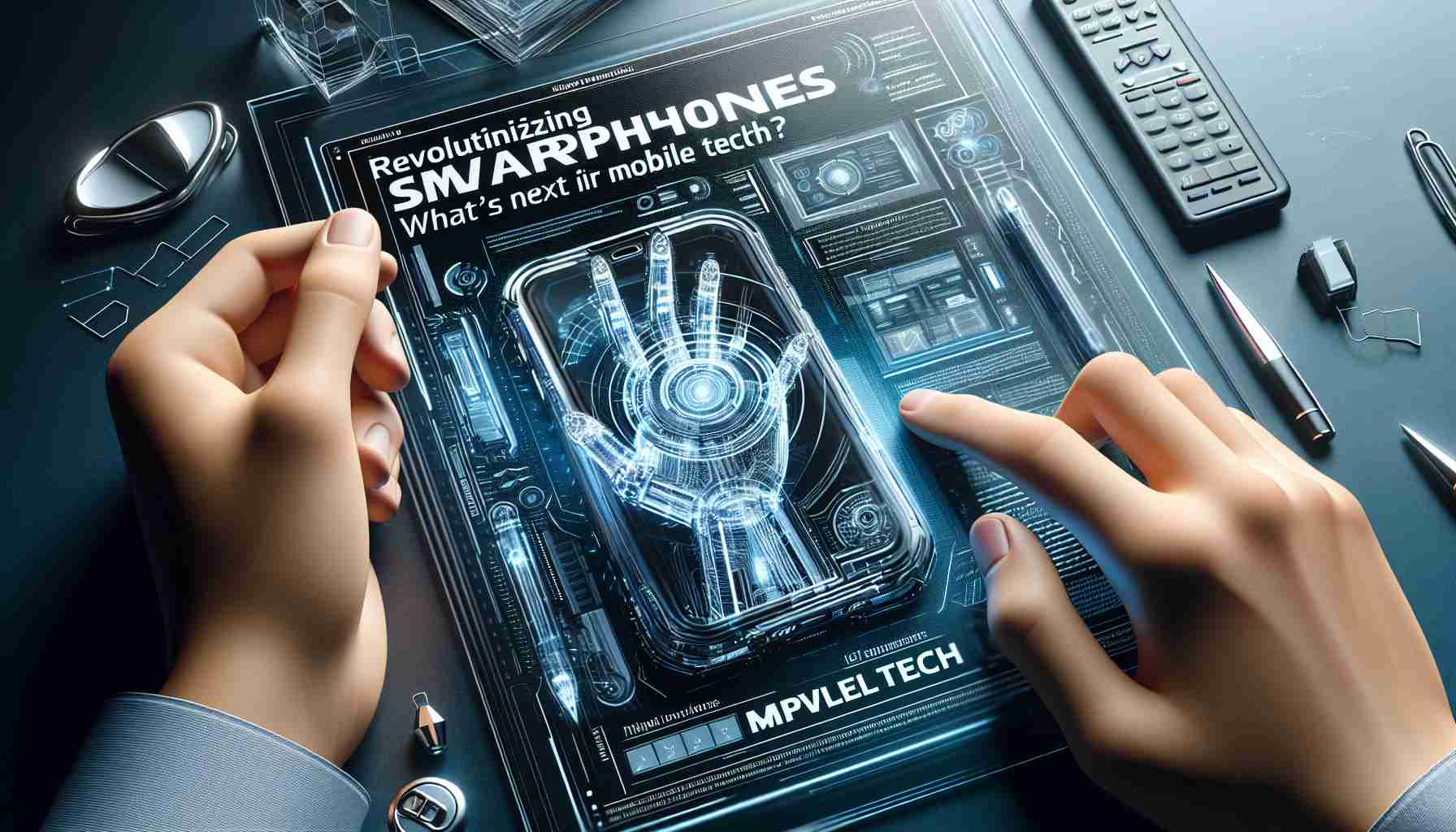It might surprise you to learn that the smartphone, a ubiquitous staple of modern life, was actually invented long before the dawn of the 21st century. The revolutionary device that serves as a pocket-sized computer for billions around the world today traces its origins back to the early 1990s.
The first-ever smartphone was the IBM Simon Personal Communicator, introduced in 1992 and released to the market in 1994. IBM Simon was ahead of its time — it combined the functions of a mobile phone and a PDA (Personal Digital Assistant). This remarkable device could make and receive cellular phone calls, send and receive faxes, emails, and cellular pages. It also featured a touchscreen interface, a remarkable innovation for its time, allowing users to operate it using a stylus or their fingers.
Weighing in at a hefty 18 ounces (about 510 grams) and offering a battery life of merely one hour, the Simon was far from the sleek devices of today. However, it laid the groundwork for future advances in mobile technology. Priced at $899 with a service contract (equivalent to about $1,600 today), it was not a gadget for the everyday consumer, but it opened the door to new possibilities in mobile communication.
While the IBM Simon set the stage, the evolution into the modern smartphone accelerated with the introduction of devices like the BlackBerry in the 2000s, and undeniably, Apple’s iPhone in 2007, which fundamentally transformed our expectations of what a smartphone could be. The smartphone’s journey from IBM Simon to today’s sophisticated devices shows the rapid advancement of technology and its impact on daily life.
The Smartphone Revolution: Beyond the IBM Simon
The term “smartphone” might elicit images of sleek touchscreens and always-on connectivity, but it is intriguing to note that the modern smartphone’s journey began almost three decades ago. The initial steps taken by the IBM Simon Personal Communicator in 1992 sparked a technological revolution that transformed global communication and human interaction.
Interesting Perspectives: As the smartphone’s capabilities have surged, so too have the complexities it introduces. Who could have imagined that a device originally weighing over half a kilogram would evolve into must-have items lighter than a banana? However, with each advance, controversies emerge, such as those concerning data privacy and screen addiction. Are we sacrificing too much privacy for convenience, as these devices perpetually monitor our locations and preferences?
Pros and Cons: On the advantageous side, smartphones bring the world into our pockets. They facilitate instant communication, enable infinite information access, and provide powerful photography tools. Yet, these benefits are tempered by downsides: dependency issues, cyber-security threats, and significant electronic waste concerns from rapid upgrade cycles.
Impact on Society: Nations have witnessed wide-ranging effects, from the empowerment of individuals in remote areas to economic opportunities born from app economies. However, not all impacts are uniformly positive, prompting serious discussions on societal division and screen overuse, notably among younger generations.
When did this all begin? It’s surprising but true—it started in 1992. A deeper dive into present implications and future trajectories can be explored through reliable tech hubs like Wired and Mashable for balanced insights. As we embrace future innovations, understanding this evolution enriches our grasp of how profoundly tech shapes human experience.






















